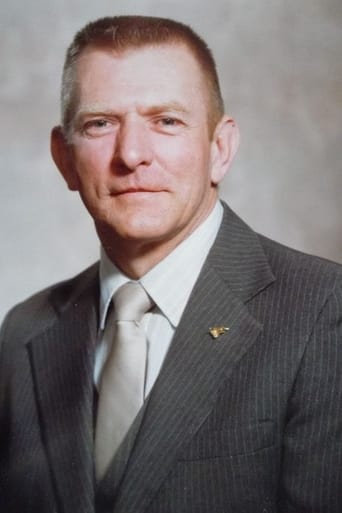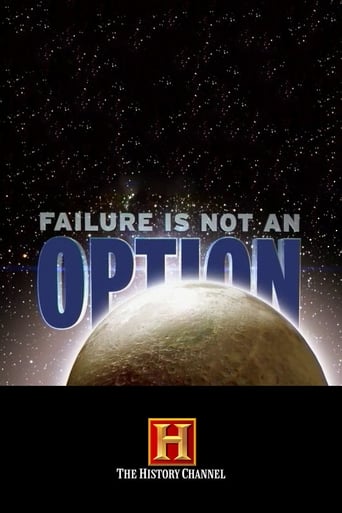
The Space Race comes alive through the eyes of the ultimate insider - retired NASA Mission Control Flight Director Gene Kranz. A history of the U.S. manned space program from Mercury to Apollo 17, as seen by the men of Mission Control.
Similar titles
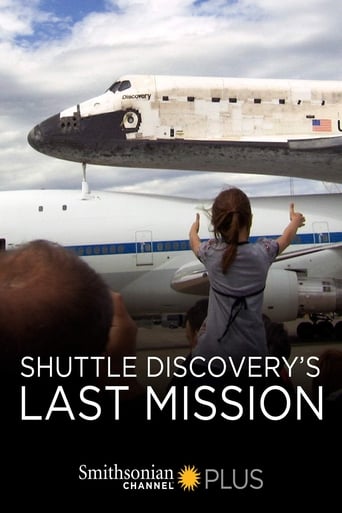
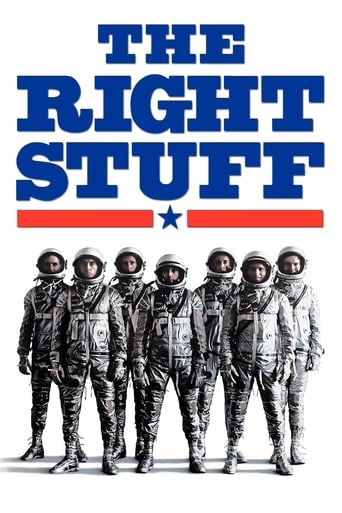
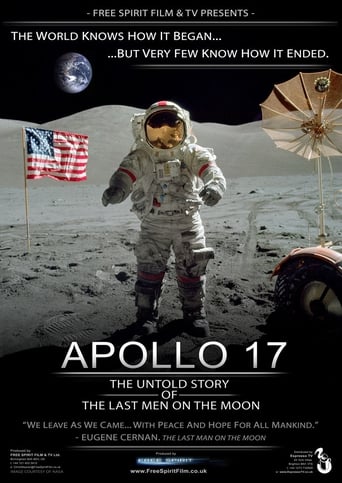
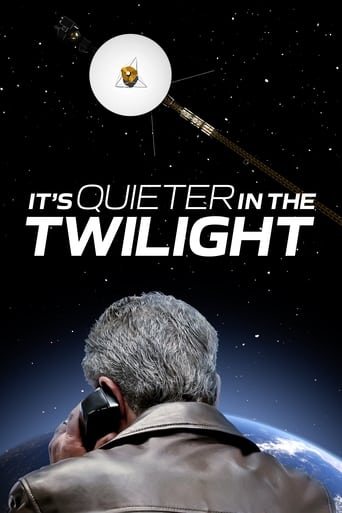
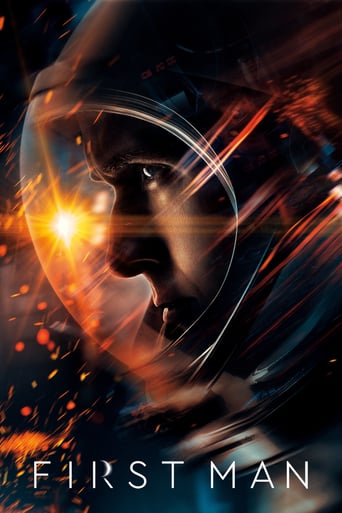


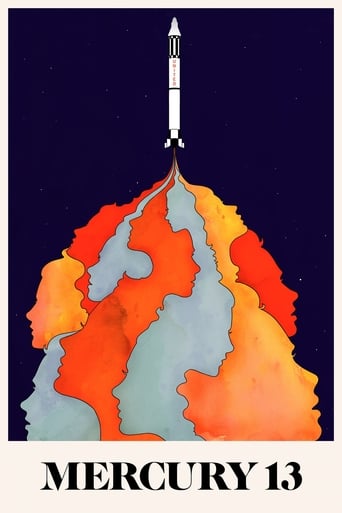
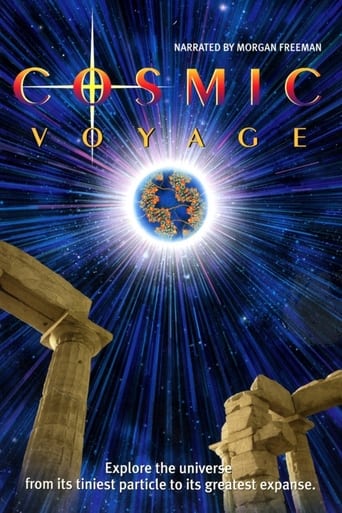
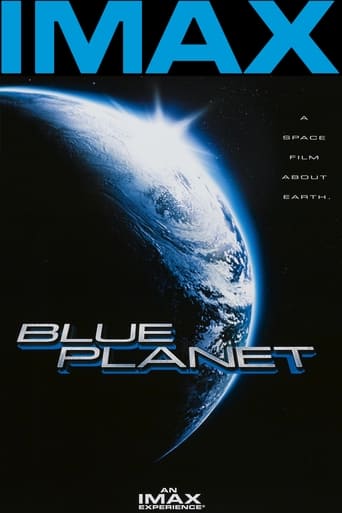
Reviews
Very very predictable, including the post credit scene !!!
Pretty Good
Unshakable, witty and deeply felt, the film will be paying emotional dividends for a long, long time.
This is one of the best movies I’ve seen in a very long time. You have to go and see this on the big screen.
This is an excellent movie insofar as telling the history of Mission Control goes. I have no issue with this.However, by giving this movie a 1 star (awful) rating, I hope that the producers will take notice of what can only be called a gross oversight - an error that they made over and over and over and over and over (30+ times in 15 minutes, until I stopped counting).The country that launched Sputnik was not "Russia." It was THE SOVIET UNION (CCCP).While Russia was the largest constituent state of the Soviet Union, it is no more correct to say that the two are the same than it would be to say that Texas is the USA or England is the United Kingdom. They're simply not. While casually people may make the error, for a history documentary to make it is just shockingly bad.Many of the key people involved in the Soviet space program were non-Russian and/or came from places not in Russia. This includes tens of thousands of Ukrainians, Balts, and Central Asians. Koryolov, the Soviet chief designer and pretty much the man responsible for the whole program was half Ukrainian. NONE of the rockets, patches, etc had "Russia" written on them. It was all CCCP.By perpetuating the myth that "the soviet union=Russia", this documentary gives undue support to dictators like Putin while keeping deserved praise from non-Russians who earned it. Let's be clear--the Soviet Union was a place of many great evils. But, "credit where credit was due"--there were also some great successes.I can't for the life of me imagine how this script passed through even the most basic fact checking. Shockingly ignorant on this point.Though, as others have pointed out, the rest of the movie is excellent. 8.8 excellent? Probably not, but still worth a view.
Based on NASA flight director Gene Kranz' autobiography "Failure is not an Option" this documentary traces the history of NASA Mission Control during the Mercury, Gemini and Apollo programs, with special emphasis on Apollo 1, 8, 11, 12 and 13.While Kranz' book often comes out as overly jingoistic and with an excess of pathos, this documentary strikes a good balance between depicting the historical background of the space race, the technical issues of spaceflight and the emotional impact on Mission Control personnel.To people very familiar with the events of US manned spaceflight in those years, there is not much new information to be gained from the documentary. There is Conrads difficult Gemini spacewalk, the Apollo 1 fire, Apollo 8 going around the moon, the Apollo 11 moon descent crises (Computer alarm and low fuel), Mission Controller Aarons reset of the Apollo 12 during launch and of course the whole saga of Apollo 13. All is told through the eyes of Mission Control, its directors and controllers, with the astronauts only appearing as fuzzy voices on the radio downlink.The strength of the documentary is that it shows us the faces and voices of the Mission controllers. From the perspective of 2003 they re-tell their stories in a seamless narrative illustrated with mostly original film, but also a little re-enactment, which happily is not too intrusive (even though it does show people watching a Mercury launch in colour on their home TV set..). The contrast between the young faces filmed in the 60's and the present-day aged and haughty demeanor of the same men is a captivating reminder of the passage of time. Working in Mission control was obviously the high point of their lives, so there is a slightly nostalgic note to their account.Some things about the documentary can be criticized. Space buffs will miss technical details, and not much is being said about the system of shifts in Mission Control, that is, how "colourcoded" teams managed the job of mission control 24/7. Also, the focus is very much on the telegenic Gene Kranz, to the detriment of the other mission directors and controllers. This is probably unavoidable when we're dealing with the TV medium, which needs easy-to-follow stories and a captivating protagonist.If one wants a true insight into NASA mission control, one has to read books about it. This documentary will however serve as a primer, and a good one at that. It is emotional to hear the story of NASA's crises and triumphs, re-told 40 years on by the men who were actually there. They might not quite be unsung heroes, since their feats are well-documented, but they certainly deserve to be heard once more by new audiences.
Top Streaming Movies













